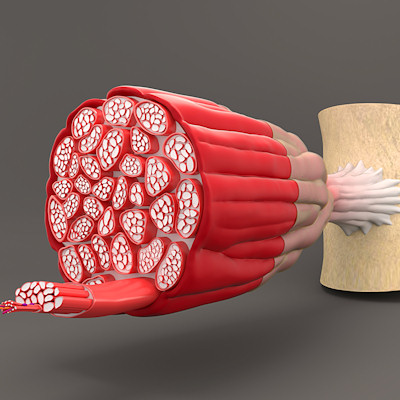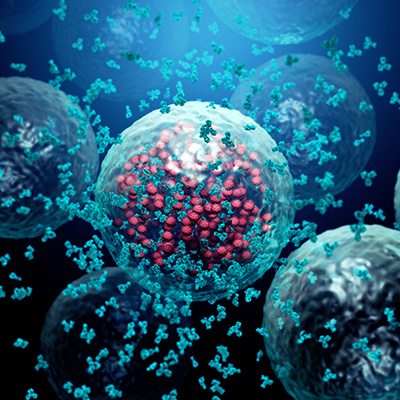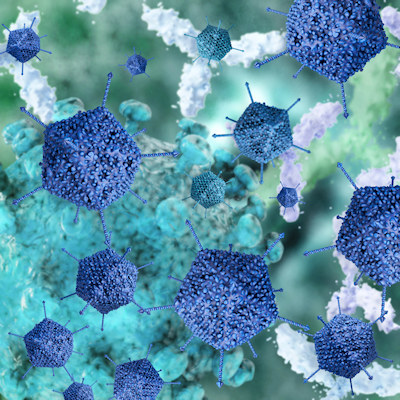April 20, 2022 -- Hematologic diseases are disorders of the blood, which may range from problems with blood cells themselves to problems with the organs that produce them. As a result, hematologic diseases can manifest themselves in many different ways, such as anemia, blood cell cancers, sickle cell disease, and other genetic disorders.
Due to this variety in expression of hematologic diseases, healthcare professionals need a diverse set of resources to treat these conditions. Boston Children's Hospital (BCH), NexImmune, and Pregene are a few of the healthcare industry players that are working to modernize these treatments and target hematologic diseases from a variety of perspectives, according to Cell and Gene Therapy Business Outlook, a sister publication of ScienceBoard.
Boston Children's Hospital-EdiGene
BCH is a pediatric medical center offering a wide range of services for children from birth to 21 years of age. BCH jointly operates the Blood Disorders Center in partnership with the Dana-Farber Cancer Institute to provide comprehensive services for the treatment of several hematologic disorders.
In March 2022, BCH gave EdiGene intellectual property rights for methods for increasing hemoglobin levels as part of a worldwide license agreement to continue to advance the treatments available for hematologic diseases. These methods work by disrupting B-cell lymphoma/leukemia 11A (BCL11A) expression at the genomic level.
This disruption upregulates the production of fetal hemoglobin for the treatment of hemoglobinopathies involving hemoglobin deficiencies, such as beta-thalassemia. Financial details of this agreement were not disclosed.
NexImmune-Zephyr AI
NexImmune is a clinical-stage biotechnology company with a specialty in developing antigen-directed immunotherapies for the treatment of cancers, infectious diseases, and autoimmune diseases. In particular, NexImmune is able to create unique T-cell therapies for the treatment of these diseases using its proprietary Artificial Immune Modulation (AIM) platform.
The company has partnered with Zephyr AI to pair Zephyr's artificial intelligence (AI) technology with NexImmune's AIM nanoparticle platform in order to promote the discovery and validation of antigen targets for NexImmune's T-cell therapies and spark the development of new treatments for hematological and solid cancers.
The collaboration will specifically focus on identifying antigens related to these cancer types, further building upon NexImmune's developing treatments for addressing hematologic malignancies. Financial details of this partnership were not disclosed.
Pregene-CellPoint
Pregene is a clinical-stage biopharmaceutical company focused on developing novel cell therapies through its use of a high-throughput chimeric antigen receptor (CAR) T-cell drug priority platform and its cell and lentivirus manufacturing processes.
Pregene further specializes in using its proprietary antibody discovery platform to amplify the discovery and development of these cell therapies for treatment of a wide range of conditions, including hematologic disorders. To expand on the creation of these cell therapies, Pregene has entered into an exclusive license agreement with CellPoint to develop treatments with hematological indications in Europe and the U.S.
The license agreement will promote the development and commercialization of Pregene's single-domain antibody-based CAR T program that targets B-cell maturation antigen (BCMA), a key biomarker expressed in hematologic malignancies. Pregene will receive over 20 million euros upfront and near-term consideration, with eligibility to receive additional milestone payments and royalties.
Hematologic diseases present themselves in many different forms, both malignant and nonmalignant. They affect millions of people across the globe and can cause particular concern in a clinical setting for treatments or procedures that involve blood transfusions.
Furthermore, they can cause more dangerous problems if the disorders affect the body's blood clotting capabilities, including stroke. Thus, these disorders require multifaceted treatment options to address their various causes and effects on a patient.
BCH, NexImmune, and Pregene are doing their part to develop cutting-edge techniques for the treatment of these disorders, and are in turn, working to improve the health outcomes for millions of patients worldwide.
To stay up to date on the latest business happenings in the cell and gene therapy industry, check out Cell and Gene Therapy Business Outlook today!
Copyright © 2022 scienceboard.net











